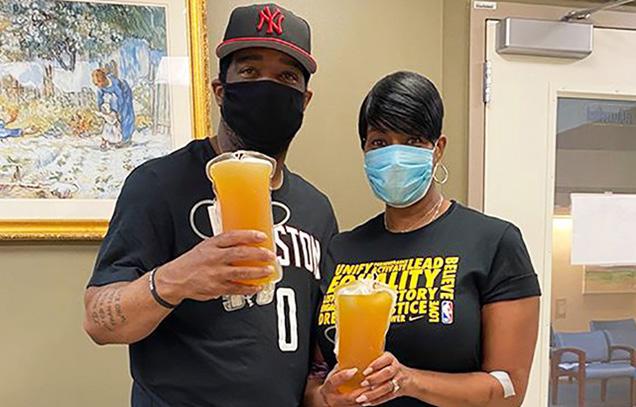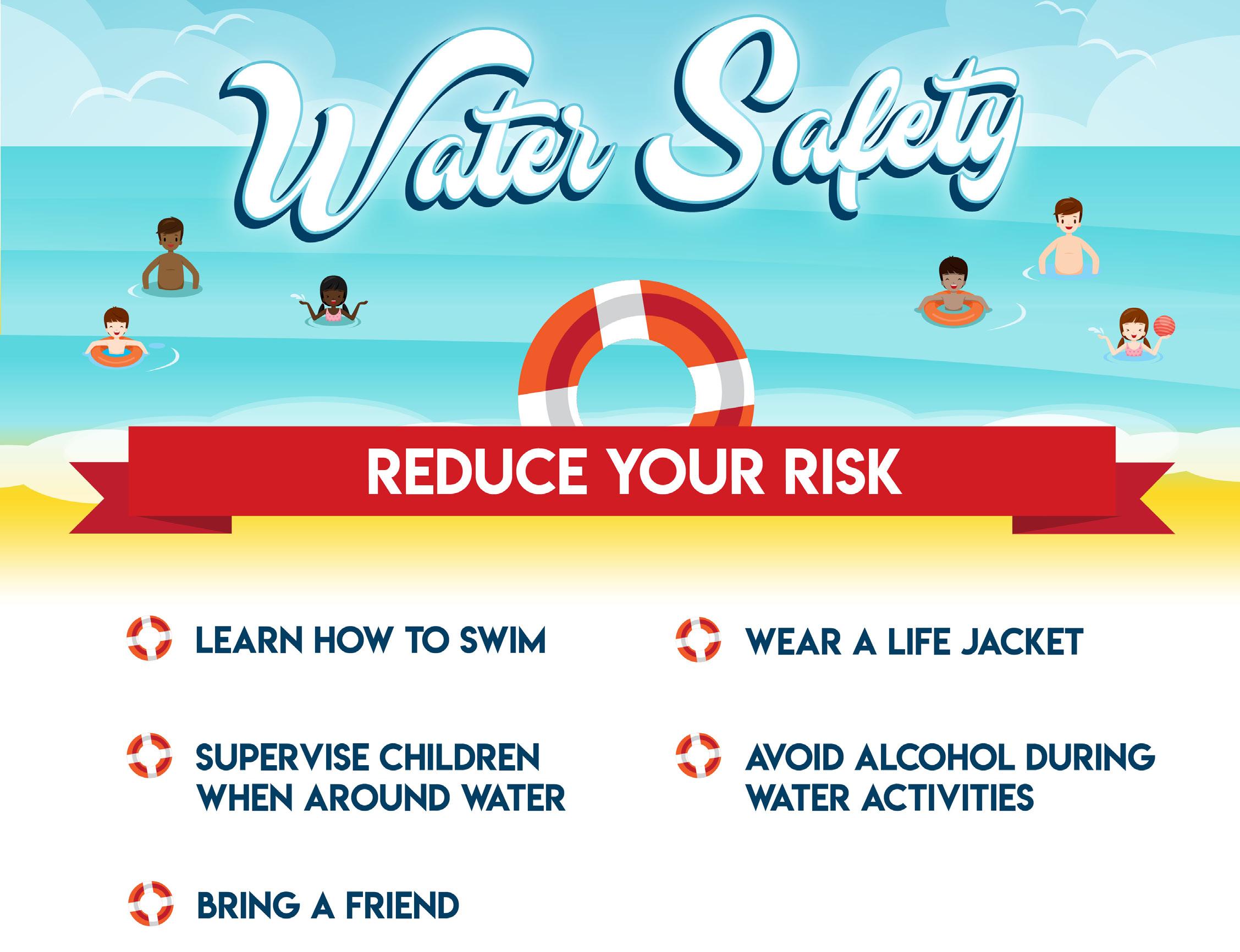The Shift Report
Keep These Summer Health and Safety Tips in Mind By: Military Health System Communications Office
While COVID-19 may have caused you to rearrange your original summertime plans, there’s still plenty you can do outdoors. However, now more than ever, you’ll need to practice good health and safety habits. By doing so, you’ll not only protect your own health, but the health of someone else, too. During this summer season, the Military Health System (MHS) is encouraging you to follow summer safety tips to help prevent health emergencies during summer activities. Below you can find safety tips and resources to help you enjoy your summer plans: 1. Keep Your Distance Remember to make sure you practice social distancing. According to the Centers for Disease Control and Prevention (CDC), “Social distancing, also called ‘physical distancing,’ means keeping a safe space between yourself and other people who are not from your household.” Whenever you’re out in public, the CDC recommends that you: • • • •
Maintain 6 feet of social distance. Wear a face mask or cloth face covering if you can’t maintain 6 feet of social distance. Avoid touching your face with unwashed hands. Wash your hands with soap and water. If soap and water are unavailable, use an alcohol-based hand sanitizer that contains at least 60% alcohol.
2. Don’t Forget Your Sunblock Are you spending more time outside in the sun? If so, make sure you’re prepared to protect your skin. According to the CDC, the sun’s ultraviolet rays can damage your skin in as little as 15 minutes. Too 18
much exposure to sunrays can lead to skin cancer, which the American Cancer Society says is the most common type of cancer in the U.S. The encouraging news is that most skin cancers can be prevented. When you and your family are spending time outside, use these tips to stay safe in the sun: • • • • •
Use sunscreen with SPF 15 or higher. Wear clothing that covers your skin. Avoid direct sunlight by sitting in the shade or using an umbrella. Wear a hat to protect your face, head, ears, and neck. Wear sunglasses that block ultraviolet rays.
If you’re at a higher risk of developing skin cancer, get checked out. TRICARE covers skin cancer exams for individuals with a family or personal history of skin cancer, increased occupational or recreational exposure to sunlight, or clinical evidence of precursor lesions. 3. Be Safe in and Around Water When you’re relaxing on the beach or at the pool, you may not be looking for accidents. But another big part of summer safety is water safety, especially for children. The CDC states, “Drownings are a leading cause of injury death for young children ages 1 to 14.” Adults, including service members, are also at risk for unintentional drownings during training, occupational activities, or off-duty recreation. So, it’s important to understand the environments you’re in. Here are some key prevention tips to keep in mind the next time you’re in or near water: • •
Learn life-saving skills. Know the basics of swimming (floating, moving through the water) and CPR. Make life jackets a must. Make sure you and your kids wear life jackets in and around natural bodies of water, such as lakes or the ocean, even if you know how to swim. Life jackets can be used in and around pools for weaker swimmers, too.




